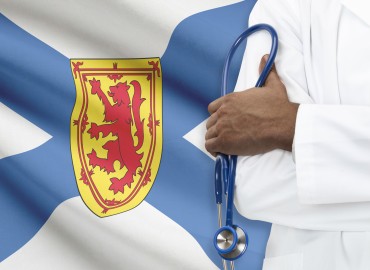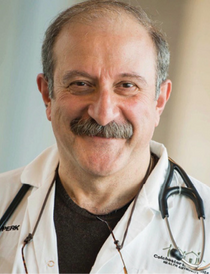Negotiations 2023
The 2019 Master Agreement and Clinical/Academic Funding Plan (C/AFP) contracts expire on March 31, 2023. Negotiations began in February.


The crumbling Nova Scotia health-care system was offered a federal shot of adrenaline Tuesday, a proposal that would inject more than a billion dollars of new health funding into provincial coffers over a 10-year period. “As long as there is collaboration in determining what are the key priorities,” Dr. Leisha Hawker, president of Doctors Nova Scotia, said Wednesday of any conditions that could be attached to health funding for provinces contained in a fairly ambiguous federal government offer.

HALIFAX - Groups representing nurses and doctors are welcoming the federal government's health-care funding proposal but say some of the increase must be used to bolster staffing and improve primary care in a system where there is accountability in how the cash is spent.

As premiers and the prime minister gather in Ottawa this week to talk about health-care funding, an example of a federally imposed rule hampering provincial efforts to recruit health workers is playing out closer to home. The Prohibition on the Purchase of Residential Property by Non-Canadians Act came into effect Jan. 1.

When it comes to reducing red tape in medicine, Nova Scotia Premier Tim Houston says first place doesn't matter if you're not moving fast enough. Last week, a report showed that Nova Scotia leads the country in its effort to reduce unnecessary paperwork that takes away from doctors' time to see patients. Nova Scotia has a goal of reducing administrative burden on doctors by 10 per cent by 2024.

Premier Tim Houston will be seeking an infusion of funding and hope for Nova Scotia’s ailing health-care system during a meeting with Prime Minister Justin Trudeau and fellow premiers this week in Ottawa. “As the prime minister has indicated, I don’t expect that there will be any kind of health-care accord signed tomorrow,” Kody Blois, the Liberal MP for Kings-Hants, said Monday in an interview that preceded the two-day first ministers meeting on health-care funding that wraps up early Tuesday afternoon.

The new federal ban on foreign home ownership is causing worry that it’s hampering the recruitment of international health-care professionals. “We’re trying to lift as many barriers as possible to bring doctors and other medical professionals to the community,” said Sydney-Membertou MLA Derek Mombourquette, who has been talking to his caucus and federal counterparts about wanting the new law amended.
The 2019 Master Agreement and Clinical/Academic Funding Plan (C/AFP) contracts expire on March 31, 2023. Negotiations began in February.


